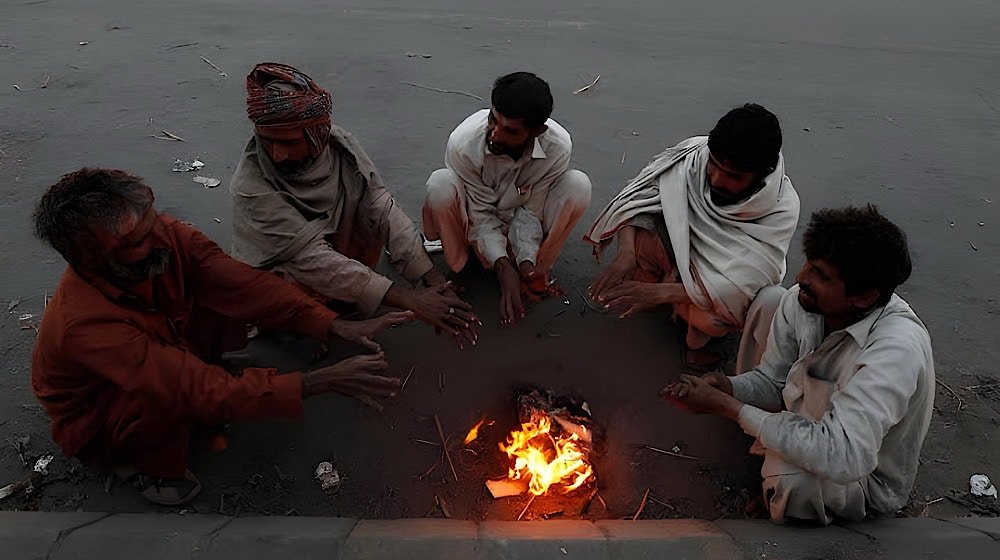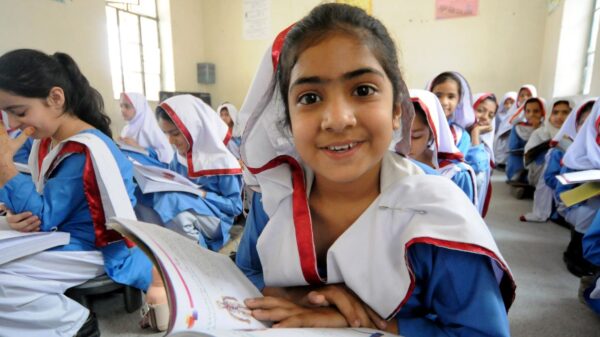Karachi is expected to face a shorter winter season in 2024, with temperatures predicted to start declining around mid-December, according to the Pakistan Meteorological Department (PMD).
This shift in weather patterns is particularly concerning as the city currently grapples with unusually high temperatures nearing 40°C, prompting residents to express worries about the implications of climate change.
The PMD’s forecasts indicate that this winter will be milder than usual across Pakistan, including Karachi. The delayed onset of winter is not just a local anomaly; it underscores the broader impacts of climate change that are increasingly being felt across the region.
Such climatic shifts have already led to higher demand for refreshing beverages and fluids among the population, as people seek relief from the sweltering heat.
In Karachi, the warm weather is unusual for this time of year, typically characterized by cooler temperatures that provide respite from the intense summer heat. The anticipated shorter winter could affect various sectors, from agriculture to energy consumption, as residents adjust their habits and routines in response to changing weather conditions.
This has raised alarms among climate experts, who argue that these patterns may be linked to broader environmental issues, such as global warming and urbanization.
While Karachi is expected to experience a milder winter, many other regions in Pakistan are forecasted to have dry weather.
However, areas like Lahore, Islamabad, and Gilgit-Baltistan may still see sporadic rain and light snowfall, providing some contrast to the conditions in Karachi. These variations in weather patterns across the country could also impact agricultural practices, water availability, and overall economic conditions.
As the climate continues to change, understanding these trends becomes crucial for residents and policymakers alike. The need for adaptive measures and long-term strategies to mitigate the effects of climate change is becoming more urgent.
Residents are encouraged to stay informed about weather updates and to take necessary precautions as the winter season approaches.
In the face of these challenges, community resilience and awareness will be vital in navigating the uncertainties brought on by shifting climatic conditions.










